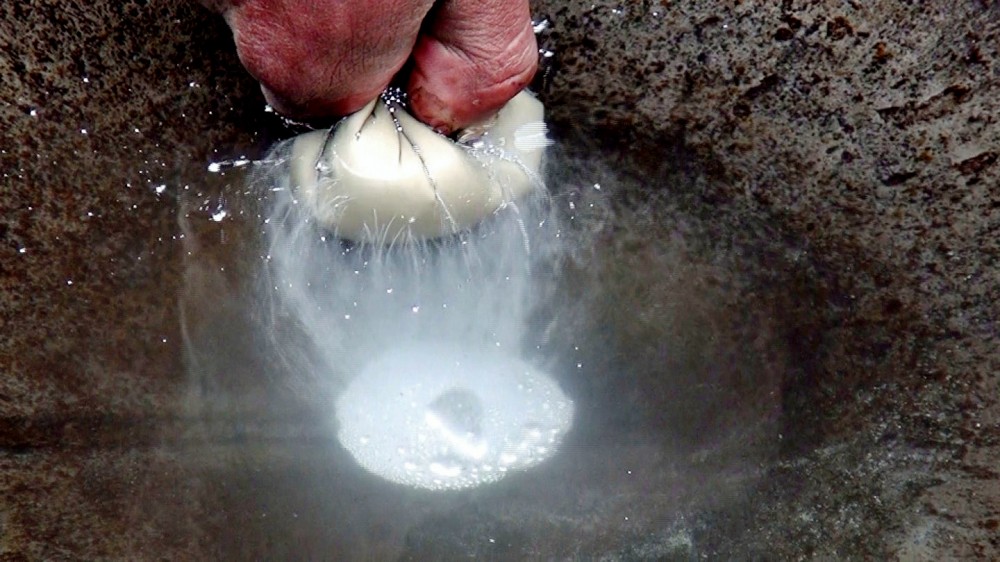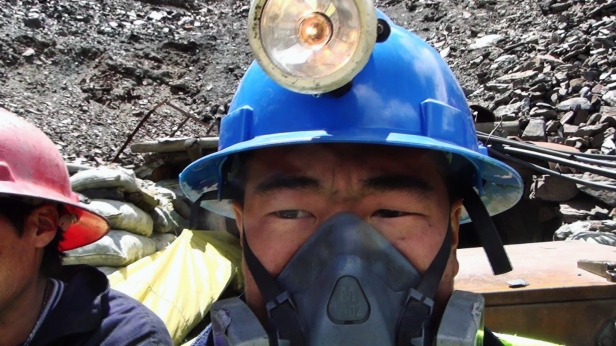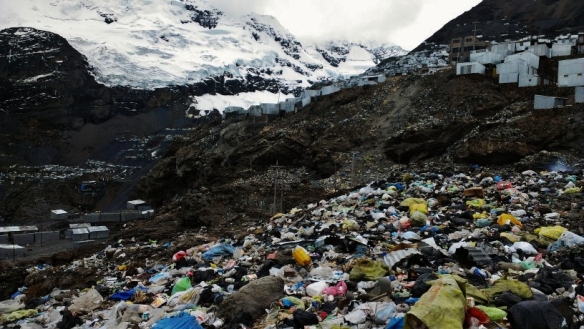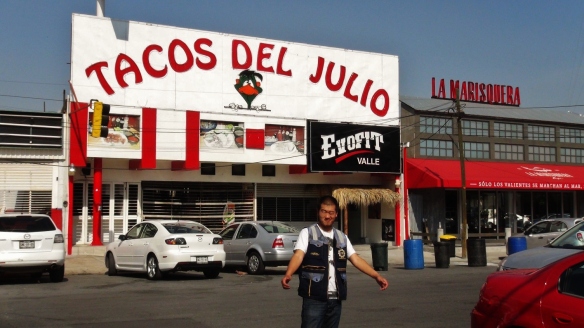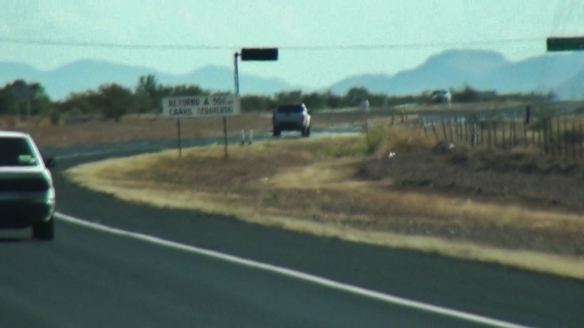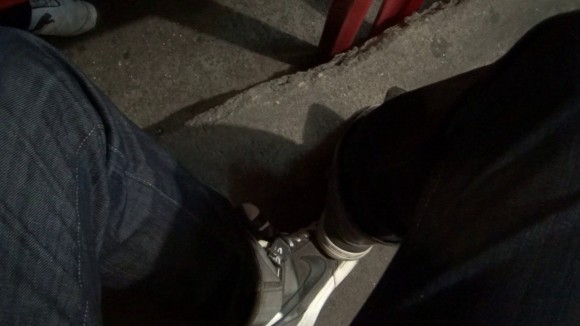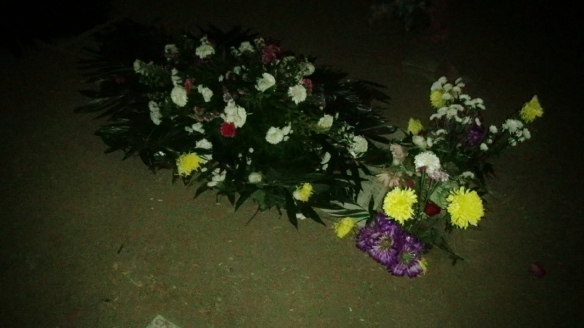La Rinconada, Peru:The First to Join The Last Gold Rush
Story Highlights
*Aaron was the first American and Korean to work in La Rinconada, Peru. The world’s highest city.
*He put his business on hold, gained local trust and even had a Peruvian girlfriend in Rinconada.
*Aaron integrated by learning the society, the native language, and talking with everyone.
*Showcased himself to the town. He cut hair for free, taught English, and cleaned restaurants.
*Became cultural ambassador of America and Korea and will/is expected to return yearly.
(*************) – La Rinconada, Peru isn’t a place many people know about. Even if people know about it, few would visit this -20 celcius, mercury contaminated town sitting 17,000 feet at base of a melting glacier. Working in manual labor up there with the locals? Unheard of.
Despite all the dangers of contamination and violence, I put my hairstyling shear business on hold and was going to travel to South America for the first time and work in the Rinconada gold mines. There I would find a way to work, live and mingle in a town where I had no business. I had no contacts.
“I never felt prepared for this trip and gave up trying at a certain point. Once I learned that there were murders every week and no police or government involvement I accepted this as life or death. I wasn’t going to leave the area for any reason.” I said.
 (The beautiful glacier crowning the Andes in La Rinconada)
(The beautiful glacier crowning the Andes in La Rinconada)
When I landed in Peru I prepped fast. I needed full mining gear, supplies and a place to store my passport. In those couple days, I had luck on my side. I talked to the owner of my hostel about mining boots and it led me to his brother in law who works in the mines.
We all talked the next day and he deemed me worthy to go with him to Rinconada. We went to Juliaca on Saturday and took a 4 hour “carrito” service up to the mountains.
“You see it in the papers everywhere. Every other week, one will tip over and kill most of the people on board. It can happen.” Says Freddy, the brother in law.
Freddy’s father is an “informal”. Even though he owns the mine, he is not regulated by the government and since the day he claimed the land it has been his. 95% of the mines operate this way. On one hand everyone avoids taxes, but on the other hand the wealth isn’t equal.
 (Freddy’s dad is a benevolent owner. He wears a red “sacador” cap, the bottom of the work hierarchy.)
(Freddy’s dad is a benevolent owner. He wears a red “sacador” cap, the bottom of the work hierarchy.)
When I arrived in Rinconada all the men are making fun of me, the women turn away and the young girls just run away. They are scared. They’ve never seen an Asian person in their town, and they can’t figure it out, so they’re just staring. I take out my camcorder and they get hostile. I try to speak to some of them but no response. “They speak Quechuas here.”, Freddy says.
Quechuas is the indigenous language of that area, and if you don’t speak it, you’re a massive gringo. No one speaks English and even though they know Castellano Spanish, few use it.
I had to learn the language fast. I was different and because they didn’t know my motive or why I’m there, my life was about proving myself to them. It’s not as easy as explaining your intentions. They wanted me to prove I had heart in the mines and in all of my actions.
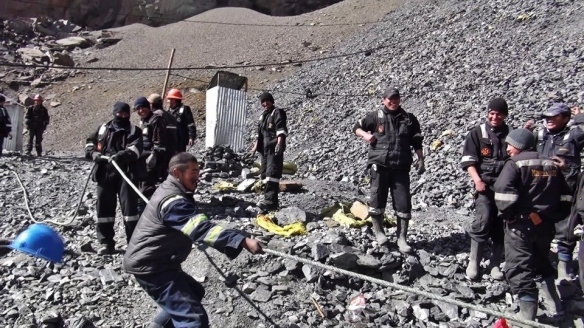 (Uhh who is this Asian?? Proving I have heart. I’m the first on the rope to pull a truck up the mountain.)
(Uhh who is this Asian?? Proving I have heart. I’m the first on the rope to pull a truck up the mountain.)
It’s week two and the roof into the mine just collapsed so we need to build a new one. I load my mouth with fresh coca leaves and lift a rock the size of my chest and hurl it into the “dunbar” tractor. It’s tiring and Jose tries to take the pick from me but I blow him off and swing the pick. The workers respect my attitude. After two hours, my heart can’t keep up with the lack of oxygen. Working hard, chewing a stimulant and lack of air, I feel my heart about to stop and I worry that my heart could stop. 3 seconds later my heart relieves and I keep doing this until the roof is complete. That’s just the morning shift. In the afternoon we walk in with dynamite and blow up the caves. We collect the mineral and David’s wife “chankars” breaks the mineral into smaller pieces to find gold. David is the boss.
I’m talking to her and the conversation is about dreams. Rinconada is a dream purgatory. Everyone is just waiting till the big gold comes and then they can leave forever.
“I want to learn about different cultures and travel, but it’s impossible because I have a family here and a daughter.” She says.
“Aren’t you sad that you can’t have your dream?”
“Yes, I am sad.” She says.
Everyone here has dreams and that’s beautiful, but there isn’t enough luck. There’s enough gold, but not enough luck and sadly, many will die working for their dreams. This is the dark gamble of La Rinconada. It’s all about the gold.
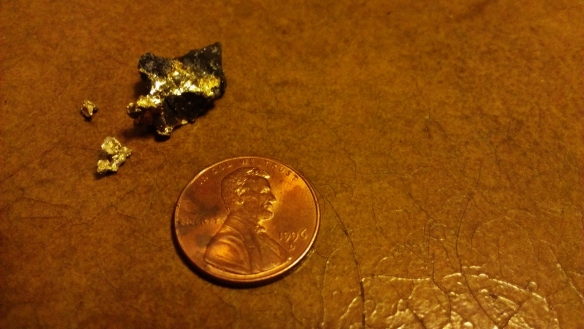 (The thing that binds them. Most gold is found as smaller bits. The larger pieces are hard to come by.)
(The thing that binds them. Most gold is found as smaller bits. The larger pieces are hard to come by.)
“The mine is a sickness; a sickness for the land and for your health. I have a plan, 3 more years of Rinconada and I’ll leave here with my wife and son and start a business.” Says Bernardo, a “sacador” of Ananea Mining Co.
Bernardo and most want a small business or an education. They know the search for gold is destroying the land and shortening their lives, so they’re trying to save their money. 25 kilos or 1.5 million dollars come out of La Rinconada every day in a town of 50,000 people, so people CAN save their money, but most spend their money on booze and girls. It turns into a vicious cycle, but the people are optimistic here. They never talk about their problems or complain about life. Even the 15 year old kids that come here to mine during summer vacation never complain about the work or pay system.
Most miners and I are at the bottom of their company. Our pay system is called the “cachorreo” system. Depending on the company, there is a time period as little as 15 or as brutal as 60 days without pay and on the last day of this cycle we are allowed to go into the mines and collect as much ore as we can and whatever gold we find is ours to keep. It’s the same as being paid in lottery tickets, most of the time you’re gonna lose and if you win it’ll be small, but there’s always that dream of the jackpot.
The pay is so meager as a “sacador” that it motivates people to move up in the company. In Rinconada, everyone wears a different color helmet which tells your position in the company. My friend David explained,
“Aaron…in order…the brown is the boss and the white are his engineers. They went to the university. Light blue are his generals, the administration. Yellow is the vigilancia, the security of the company. These people don’t work very hard in the mines. They have salary and bonuses and overlook the company. The red are the laborers, blue are the electricians, and green are the driving operators, gold is the perforation team and orange is the captain of all the labor class. These are the people that work hard for almost nothing.”
This is the curse of the informal system and no government involvement. Few hold the wealth.
At the end, I built a strong routine in La Rinconada. During the mornings I’d chat with all my friends on my way to work. Each morning they wanted to learn new English words or plan to drink after work. I’d work one or two shifts at the mine, and at the mine I’d teach the workers English or go around the town cutting hair. After my first cut on Bonnie, our company electrician, people found out and wanted me to cut all over town.
 (Giving Bonnie a real cut with professional shears designed by me. The whole company is watching.)
(Giving Bonnie a real cut with professional shears designed by me. The whole company is watching.)
I bought no money to Rinconada and was so poor that my friend Graciella cooked lunch for me every day. There were a few people that really wanted to help out once they understood why I was here. It revealed how hospitable the Peruvians can be.
After work I’d visit Ellie, my girlfriend, at the cantina and we’d drink and talk for a few hours.
“We met when one of my friends told her to have a kid with me and I went along with it. I told her a Korean Peruvian kid would be so special and we’d be a couple that made history. There would never be another Korean Peruvian couple in Rinconada. She said no, but I got her to say yes eventually the same day.”
 (Ellie and I about to play some pranks on the locals.)
(Ellie and I about to play some pranks on the locals.)
For dinner I’d see my friend Susie at the restaurant near the discothèque district. Her place played Korean soap operas, WWF wrestling and the terminator. The favorite media of La Rinconada.
“I ate there every day and she refused to talk to me cause she was scared. I knew she was scared so I stayed in the restaurant for two hours until they closed and swept her floors. She still didn’t speak to me, but told me her name. That was huge. They don’t easily give their names out.”
In the final week, I kept thinking about how I could fix all the problems in Rinconada. I’m thinking about businesses that I can start and use all the money to provide things like clean water, sewage system, police, recycling, doctors, better streets, and improved schools. I tell friends of my business ideas and word gets around and the next few days a couple people nod and call me “jefe” boss.
(My future project is finding a way to clean up this mess.)
Everyone in Rinconada is asking me for pictures and when I’m going to return. I tell them next year and they’re telling me to bring them stuff from the USA and Korea. They want a lot of technology. They want more of it in Peru but they know it’s more expensive and not as advanced as what’s for sale in the USA. They want to buy my camera for more than it’s worth, but I refuse to sell it.
I’m taking the car back down with my boss David and his family, and after 4 hours I’m back in Juliaca. I say goodbye to Freddy for the last time and his family cries in my arms. It killed me. An hour later I’m in Puno showering for the first time in 22 days. The next morning I travel for 25 hours back to the United States. It’s 80 degrees in Los Angeles and all I’m thinking about is my final dinner with my friend David. He’s telling me that anything is possible and I could change Rinconada.
I’m obligated to go back. I’m their “chino”, their Asian of Rinconada.
